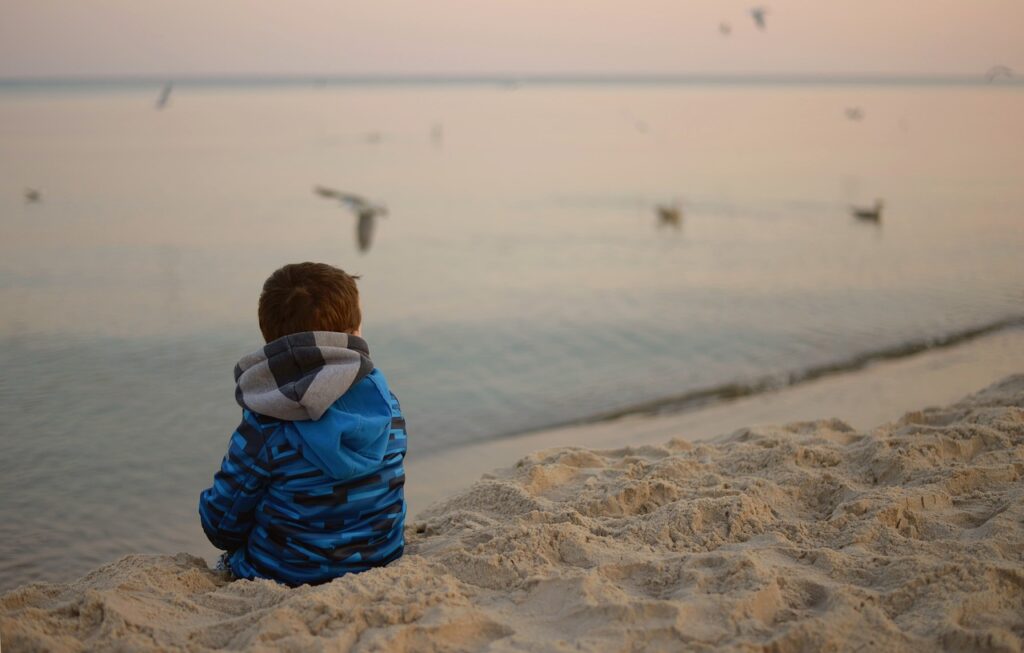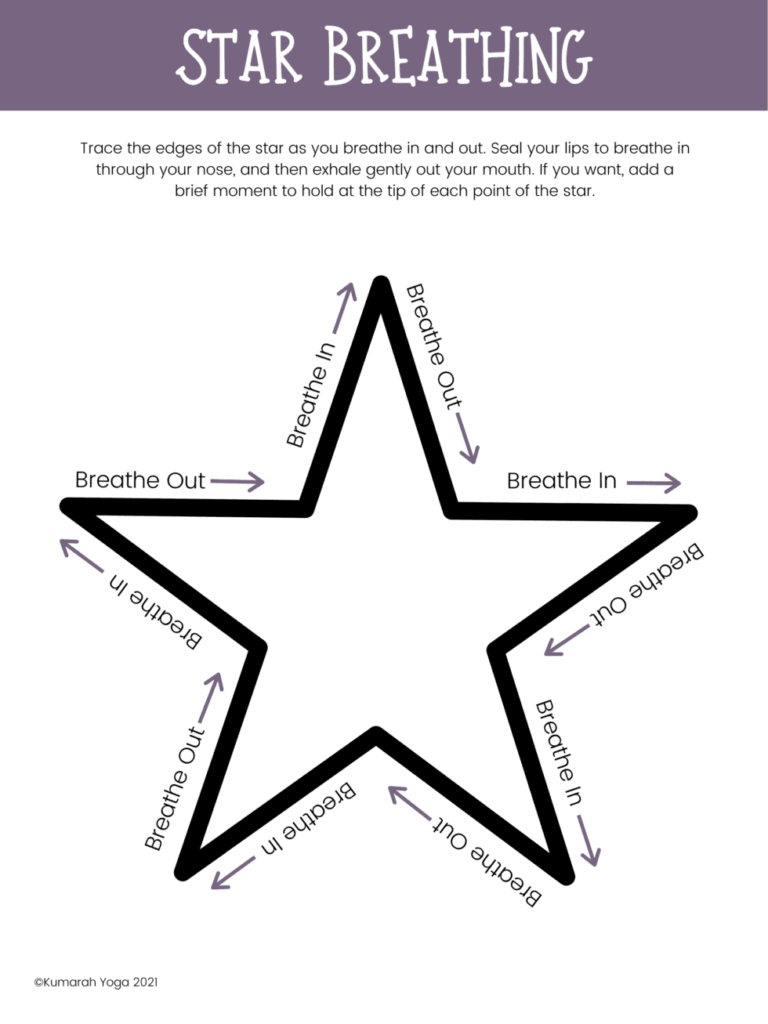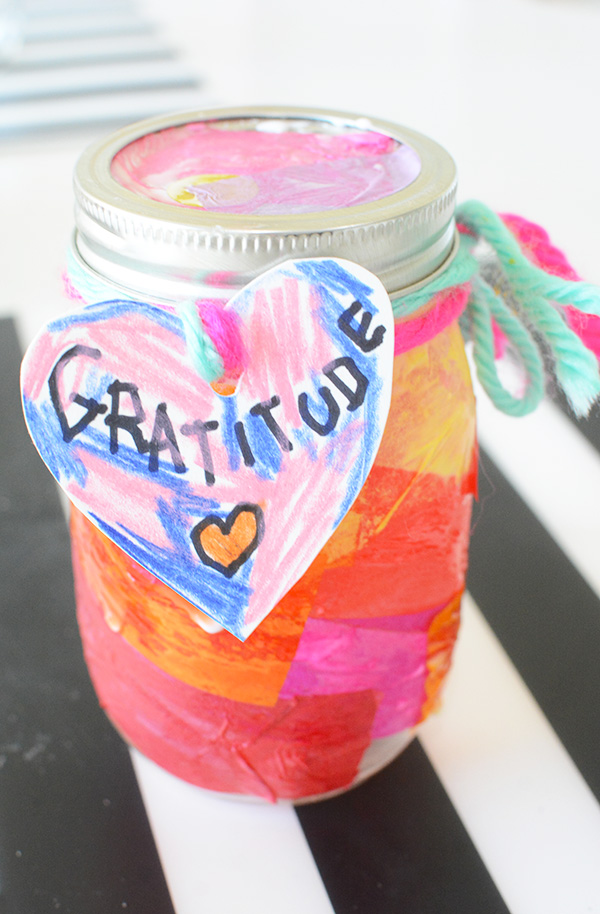Mindfulness Practices

Creating good mindfulness practices in the early years can help children to feel calmer and more aware of their emotions. Mindfulness can teach children techniques to use when they are feeling anxious or need to calm down.
Early years children spend much of their time on the move: playing, running, learning and exploring. The areas of their brain which regulate self-control and the ability to focus are still developing. This can make the combination of sitting still, listening and focussing feel extremely challenging. However, contrary to popular belief, you do not have to be still to be mindful. There are many creative ways of incorporating mindfulness techniques for young children to learn.
Pruess, a child therapist, believes that mindfulness can:
- Strengthen self-control.
- Lower anxiety and stress.
- Increase positive moods.
- Support better decision making.
- Improve emotional regulation skills.
- Increase self-esteem.
- Improve health and body image.
- Improve social skills and communication
Source: www.parentswithconfidence.com/mindfulness-with-kids
Practical Ways to Engage Babies and Young Children in Mindfulness
Stories
Books are a great way to introduce babies and young children to mindfulness. You’ll find a list of books and resources here
Yoga
Yoga is an activity that includes breathing techniques, yoga poses and mindfulness. Yoga has been shown to help children focus and concentrate. The physical movement and mindful exercises can help to prepare the brain for learning. Have a watch of the video below to see some yoga in action:
Breathing techniques
Simple breathing techniques can be taught to young children to help them when they might be feeling overwhelmed, angry or worried. Shapes like the star below can help guide this and slow the breathing down.

Image source: Kumarah Yoga
Gratitude jar
The gratitude jar is a great tool for small children to use to collect the things in their life that make them feel happy and that they are grateful for. Children can draw or write these things on slips of paper, which are then kept in the jar and can be read anytime as an encouragement.

Image source: mericherry.com
Parent mindfulness
Mindful with Your Baby is a mindfulness-based intervention for mothers experiencing stress, mother-child interaction problems and/or children who find regulation challenging. During mindful parenting training, parents learn to observe and listen to their child in a special way: deliberately, with full attention, and without judgment. Further, they learn to recognize and to make a distinction between their own emotions and those of the child, to lower parental reactivity in parent–child interactions, and to feel compassionate for themselves and their child. You can read more about the research into this programme here. Other programmes focus on the value of practising mindfulness during pregnancy.
The STOP Strategy

Apply Your Thinking:
Now here’s a mindfulness practice for you! The STOP Strategy allows us to take a breath and check in to see how we’re doing. It can assist us in shifting from states of distraction and automatic pilot to being present and intentional. Use the example below to explore this approach and reflect on how this might be helpful for you.
- Imagine the following scenario:
- You’re at work and it’s 8.30am in the morning. Most of the toddlers in your care are settling in. Suddenly, a parent bursts through the door with her daughter clinging to her, wailing loudly. The mum is nearly in tears and is obviously rushing and stressed. A couple of the other babies in the room start to cry. You suddenly feel very overwhelmed.
- S: Stop. Pause and focus
- T: Take a breath in and out. Tune in to your body
- O: Observe. Acknowledge what is happening and how you are responding to this. Let go of your judgement and be curious about how your body and mind are responding to the situation. Where do you feel the tension in your body? What thoughts are going through your mind? How might you now respond?
- P: Proceed. Giving yourself a moment of reflection has given you what you need to make decisions and respond with empathy. You have let go of any frustration or blame. You are able to be present in the moment and respond to the parent and child in a calm, nurturing and kind way.






